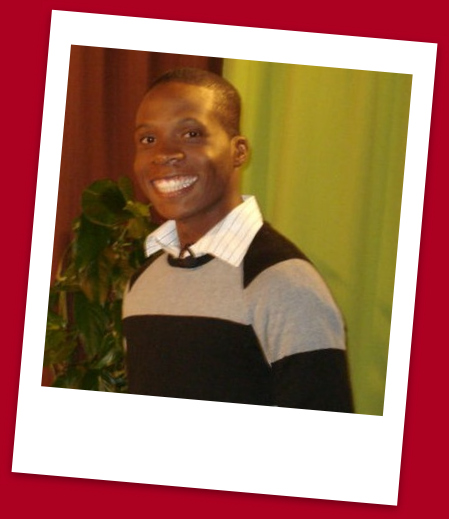Correspondence: 'Change is now and change comes from the youth'
March 20th, 2011Young people must hold their leaders accountable, reject violence and utilise social media to insist on meaningful change, writes Meeckel Beecher, a 23-year-old from Jamaica.
 As a high school student in Jamaica I had the privilege of reading the novel, ‘The Beautyful Ones Are Not Yet Born’.
As a high school student in Jamaica I had the privilege of reading the novel, ‘The Beautyful Ones Are Not Yet Born’.
Written by Ayi Kwei Armah, a Ghanaian writer, the book is set between Passion Week in 1965 and 25 February1966 – days after the overthrow of Kwame Nkrumah, Ghana’s first president. It provides a description of the alleged socialist government whose actions were as capitalist as the colonial regime before it.
The novel’s concept of ‘beautyful (beautiful) ones’ is one that places emphasis on a renaissance in thought and ideology. The ‘beautyful ones’ are those who are not corrupt, those interested in change, those who wanted their rights to be acknowledged.
Fast-forward to 2011 and I wonder if it is possible that the ‘beautyful’ ones have been born. I welcome the possibility that the ‘beautyful ones’ have been born, as evidenced by a series of protests across the Middle East.
The protests started in Tunisia, which has been called the most repressive regime in the Arab world, then diffused to countries such as Yemen, Syria and of course, Egypt. The young people and others protesting are possibly the “beautyful ones.” They are no longer taking the ludicrous aspects of repressive governments, but are saying ‘change is now and change comes from the youth!”
The need for change has now transcended to Libya. It is clear that people are saying to Gadhafi’s regime, ‘change is now!’ No longer will they live under repressive governments, but are insisting on changes.
These riots mean to young people around the world that we can, and must, hold our leaders accountable. We can use social media and other internet technologies to insist on implementation of change. It does not have to preclude violence.
If Ayi Kwei Armah was here I would tell him that I believe the ‘beautyful ones’ have been born and are making a difference. The ‘beautyful ones’ are those interested in change, those promoting human development as an important concept for any country’s growth. They are those clearly indicating to leaders that they will be held accountable.
The ‘beautyful ones’ are agents of change. Are you a ‘beautyful one’? Remember, change is now.
……………………………………………………………………………………………………………………..
Note: The opinions expressed in this article are those of the author and do not necessarily represent the views of the Commonwealth Youth Programme. All articles are published in a spirit of improving dialogue, respect and understanding. If you disagree, why not submit a response?



